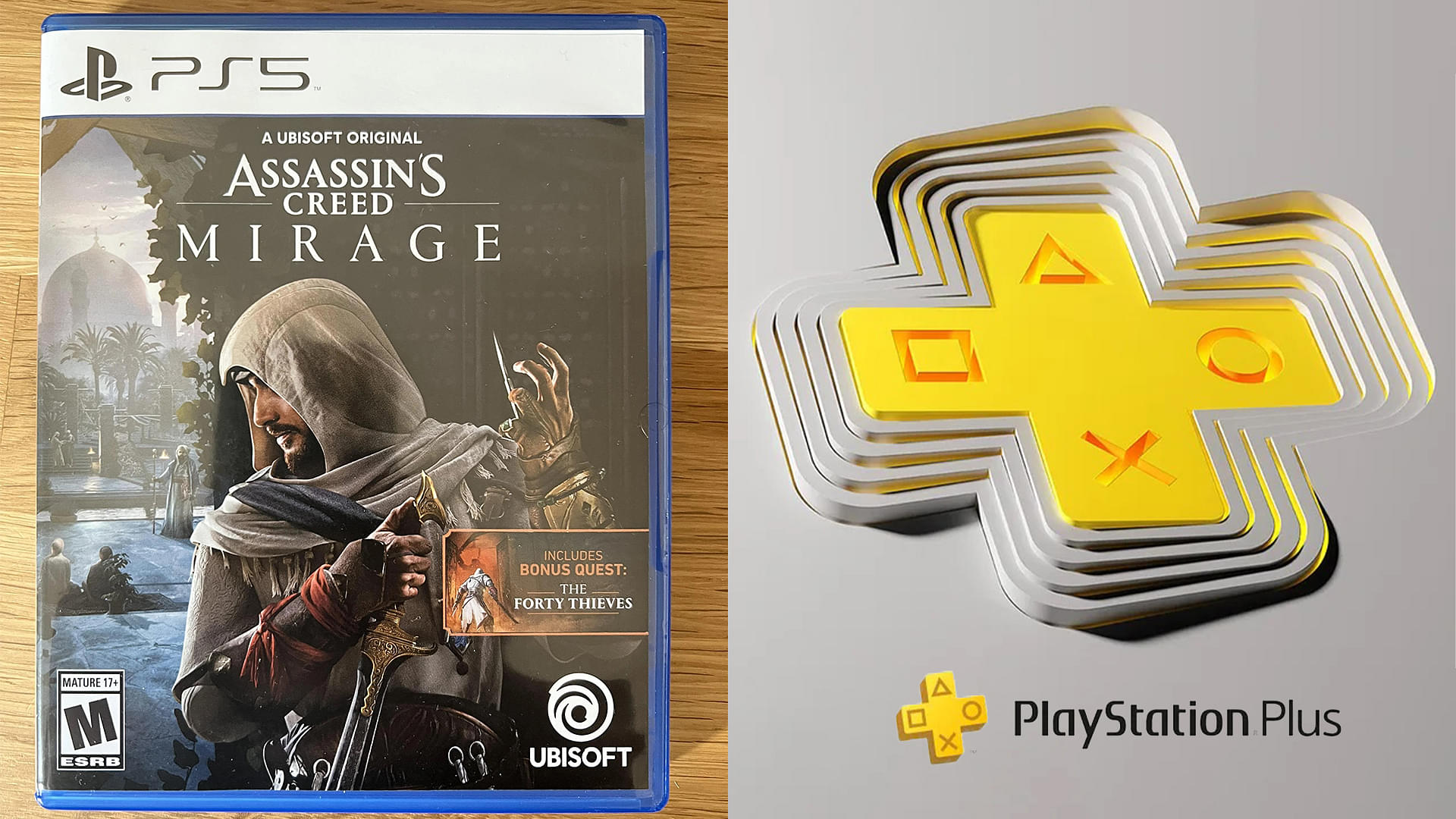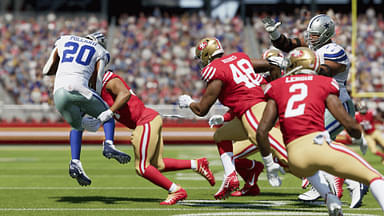Gaming has grown significantly in the last couple of years. It is no longer limited to a young demographic as some games are specifically made to cater to the older generation. Moreover, various game subscriptions like Xbox Game Pass and PlayStation Plus have also made gaming pretty affordable.
These subscriptions offer a lot more than just owning a copy of a video game. Previously, we could only buy access to a single game for a specific amount. However, gamers can now play hundreds of video games with a pocket-friendly subscription, as everyone, from major game publishers to console makers, has come up with such plans. On top of it, these plans often cost less than a video game.
Apart from the budget-friendly nature of the game subscriptions, they are often bundled with disc-less versions of current-generation consoles, which helps people access gaming at a lower price point. On top of it, since buying a single pass gives you access to thousands of games, it is natural for gamers to prefer such an option over buying individual discs for the games they want to play.
According to a recent survey conducted by the Entertainment Software Association, approximately 72 percent of US children prefer video games over other holiday gifts. Within this, 39% of children have asked for game subscriptions, while only 29% have asked for physical copies. While this change in consumer behavior is normal considering how it is more economical to buy a subscription over a physical game copy, we can already see how the former is changing the gaming landscape.
Why do publishers prefer digital games over physical copies?
One of the biggest selling points for subscriptions is that they offer digital copies of the game. Nowadays, most gamers don’t like having a rack of discs at their place. This behavior has also encouraged several publishers to promote disc-free gaming. As a matter of fact, Remedy Entertainment took the digital path when releasing Alan Wake 2, and claimed they did so for ease of updates.
Alan Wake 2 is digital only and will not launch on a physical disc.
Remedy says a “large number” have shifted to digital and this helps keep the price of the game at $60 and the PC version at $50.
Via: https://t.co/ViQ8AFjova pic.twitter.com/n48mEgWA0U
— Shinobi602 (@shinobi602) May 24, 2023
The biggest reason for developers choosing to go the disc-free route is because it helps them lower the budget. After all, digital copies don’t require as many resources as a physical copy does. With physical copies, the publishers need to spend on discs, making and printing cases, and then shipping them across different countries.
Secondly, physical copies often come with an older version of a game. So, gamers often need to download a big update after installing the game via the disc. Developers can’t remotely update a physical copy, and users must go through the irritating process of downloading several patches. This is the other reason many prefer digital copies, as it is easier to update and push fixes for.
What is the consumer’s view on Digital and Physical copies?
Not only developers but users in general don’t seem to prefer physical game copies nowadays. As mentioned above, these cost more than digital copies and need a physical storage place. Moreover, users need to spend time on their maintenance, and one also has to wait for a physical game to arrive while access to a digital title is almost instant.
However, there is a small group of gamers who still prefer physical copies. These are mostly collectors who collect special editions and steel books as trophies to display. After all, showcasing something tangible is more pleasing than a digital copy. That is why many developers still release a special collector edition for their games.
On the other hand, many users prefer digital copies because they are often available at a discounted price than the physical ones. The game subscription services offer a plethora of options at a minimal price, which further attracts users towards digital copies and these plans. Hence, it would be interesting to see if physical copies will slowly fade out in the near future.







